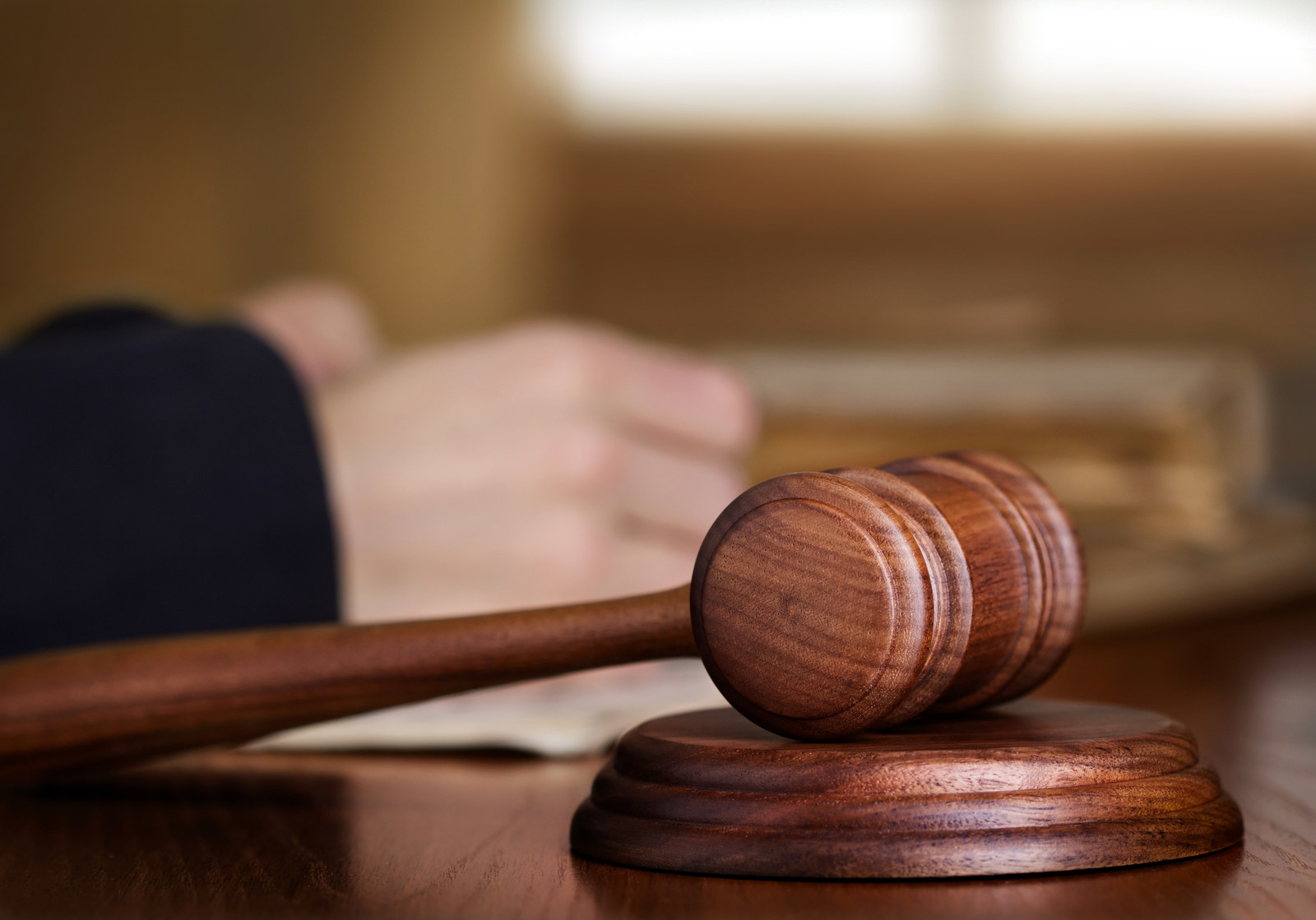South Australia is now the only Australian jurisdiction where a gay sexual advance can be used as a partial defence to murder.

Queensland became the second last state or territory to scrap the defence on Tuesday, following a lengthy public campaign spearheaded by a Catholic priest after a man was murdered in his churchyard in 2008.
Under the partial defence, widely referred to as the "gay panic defence", people accused of murder can have their charges downgraded to manslaughter if they can prove their victim made a non-violent gay advance.
The defence has become a part of common law, meaning it derived not from legislation but precedents set over time by judicial rulings.
South Australian premier Jay Weatherill pledged to end the gay panic defence in May 2016, labelling it an "outdated and offensive notion".
The SA government says it is waiting on a report from the South Australian Law Reform Institute (SALRI) on the best way forward.
Deputy director of SALRI Dr David Plater told BuzzFeed News the first part of the report is expected "shortly".
Plater said SALRI's view of the gay panic defence was that it was "offensive and discriminatory". However he said SALRI was having to address provocation laws that were broader than just the gay panic defence, which was taking considerable time.
The first stage of the report will consider the gay panic defence as well as the gender bias and family violence aspects of provocation. A second stage will consider the overall use of provocation as a defence, Plater said.
Premier Jay Weatherill told BuzzFeed News he was concerned about the potential impact on domestic violence victims if provocation laws were repealed.
"If the SALRI finds that the so-called gay panic defence exists in South Australia, it would be as a component of the law of provocation, which is relied upon by women in domestic violence situations," he said.
"It is very important no negative consequences arise from amendments [meaning] women in domestic violence situations could no longer access this component of the law.
"We need to take a holistic approach – which the extensive SALRI review currently being undertaken is helping us do."

Another reason for the delay was the murder trial of Michael Lindsay, who stabbed Andrew Negre to death in April 2011 after Negre straddled him in a sexually suggestive manner, and later offered to pay him for sex in Lindsay's home.
At trial Lindsay's lawyer argued Negre's sexual advances had caused Lindsay to lose control.
Lindsay was convicted of murder in 2013, but in 2015 the conviction was quashed and a retrial ordered by the High Court.
The High Court said the defence of provocation had not been properly considered given the circumstances of the case – including the fact that Lindsay is Aboriginal and Negre was white, and Negre's offer of sex for money occurred in Lindsay's home with his family present.
On retrial, Lindsay was convicted of murder for a second time in March 2016, and had an appeal dismissed in December.
Various groups – including SALRI and a parliamentary committee – determined it would be inappropriate to deliver recommendations on the "gay panic defence" until the Lindsay case had been resolved.
"We were asked by Lindsay's defence lawyers to not put out the report until the case had run its course," Plater told BuzzFeed News.
Anna Brown, director of advocacy at the Human Rights Law Centre, said she welcomed the government considering the provocation defence more broadly, not just the homosexual advances aspect.
She added that the "gay panic defence" ought to be abolished.
"The so called 'gay panic defence' leads to grave injustice in individual cases but also perpetuates the dangerous idea that homophobia is somehow natural or intrinsic to average Aussie blokes and heterosexual masculinity," she said.
“It is hard to believe that in 2017 the criminal law can legitimise homophobia in this way."
